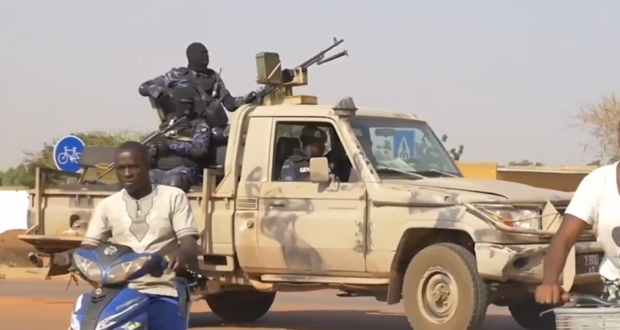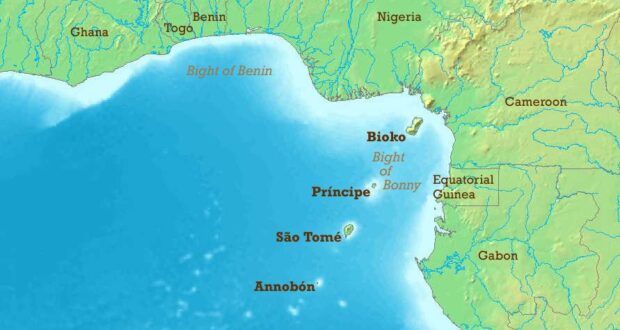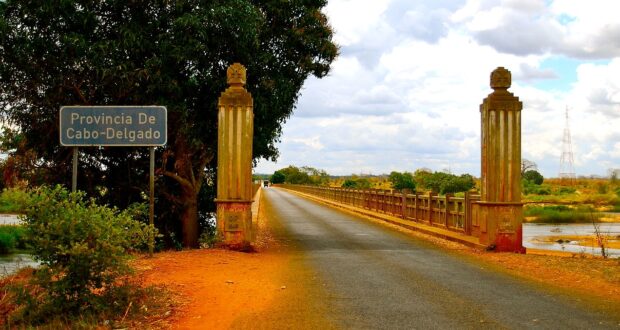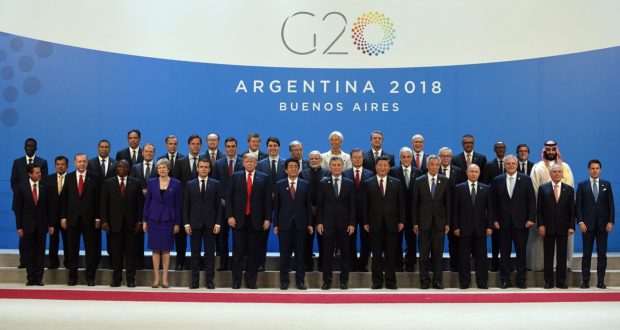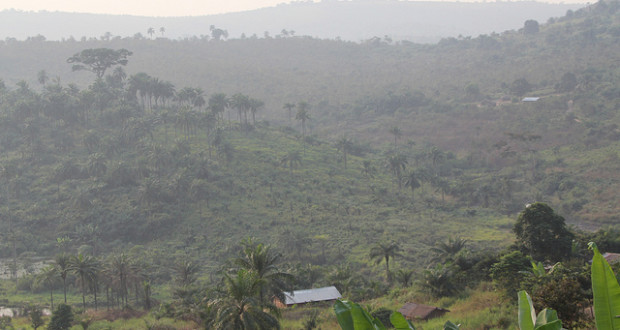Oliver Hegglin
April 7, 2022
Africa, Security and Defence, Sub-Saharan Africa, Uncategorized
Corruption, mismanagement, poverty, and war provide fertile conditions for desperate youths with little prospect and lost patience with leaders to welcome such radical change as a military coup. And the pattern is clear; as long as coups succeed, coups will continue to take place.
Read More »
Mette Kaalby Vestergaard
March 2, 2021
Africa, Global Governance and Human Rights, Latest Articles, Sub-Saharan Africa
Located in West Africa, Guinea-Bissau, with its 1.8 million people, constitutes what has for many years been a fragile state located in between Senegal and Guinea. Beside the overshadowing problem of not being able to sustain a stable governing system, the country is struggling with networks of drug trafficking – a problem that is not new, but has proven hard to combat in the given security context.
Read More »
Mette Kaalby Vestergaard
January 30, 2021
Africa, Global Governance and Human Rights, Latest Articles, Security and Defence, Sub-Saharan Africa, Uncategorized
While there is no doubt that both national and international anti-piracy laws will lead to better conditions for the fight against piracy, it is evidently important to be aware of the opportunities that national laws have where international law cannot deliver.
Read More »
Mette Kaalby Vestergaard
December 29, 2020
Counter-Extremism, Latest Articles, Sub-Saharan Africa
Developing peacefully compared to some of its African neighbors in the 1990s, Mozambique was considered by many to be a bastion of continental progress. However, November 2020 witnessed a horrific attack which led to the beheading of over 50 people by Islamist militants. This assault was the most serious incident yet in a Jihadist campaign that has been waged in the north of the country over the last three years.
Read More »
Alexa Reith
February 4, 2019
Global Governance and Human Rights, Latest Articles, Religion and Politics, Sub-Saharan Africa
With the first month of 2019 already concluded, the triumphs and shortfalls of 2018 appear increasingly distant, with new issues and priorities quickly taking their place. However, with many governments only recently returning to full function after their New Year breaks, now is an opportune time to reflect on the year that was and contemplate what lies ahead for 2019.
Read More »
Stina Hartikainen
October 1, 2014
Latest Articles, Sub-Saharan Africa, The Policy Unit
When the most recent state in the world celebrated its third anniversary in July this year, it was amid renewed ethnic violence and a protracted refugee crisis influencing both the country and the wider region. Having fought for independence from Sudan for decades, the South Sudanese state established in 2011 exhibit all the signs of a weak, and possibly failing, state.
Read More »
Huma Malik
September 23, 2014
Latest Articles, Sub-Saharan Africa, Uncategorized
There has been an emerging tension between liberal top-down peacebuilding and the growing belief that grassroots bottom up solutions are required alongside wider national level approaches. Intervention and peacebuilding in Africa have largely been shaped by militaristic, externally led, top-down approaches. These approaches have had varying degrees of success, with local populations often feeling alienated from peacebuilders and their externally imposed, ill-fitting intervention strategies. These interventions have historically shown a disregard for cultural context and local processes that are key to building sustainable peace during and after conflict.
Read More »
Marc Simms
September 19, 2014
Latest Articles, Security and Defence, Sub-Saharan Africa
Though the Islamist insurgency of Boko Haram has been raging in Nigeria since 2009, perhaps the defining moment of the conflict was the 14th of April this year, when militants kidnapped over 200 female students in Chibok, with the intent of selling them into slavery, or else marrying them to members of the group.
Read More »
Zaneta Sedíleková
September 5, 2014
Latest Articles, Sub-Saharan Africa
In the age of globalisation, corporate responsibility can be a highly contentious issue. On the one hand, corporations can create job opportunities, increase gross domestic product and overall quality of life in countries where they are officially incorporated. On the other hand, extraction of natural resources from developing countries often contributes to destabilisation of the official governmental structure and gross violations of Human Rights. The positive impacts of corporate activity in one state make corporate criminal responsibility in another state a politically sensitive issue.
Read More »
Anna Chisholm
August 28, 2014
Latest Articles, Sub-Saharan Africa
Adopted by the Bashir government and the Sudan People’s Liberation Movement/Sudan People’s Liberation Army (SPLM/A), the Comprehensive Peace Agreement (CPA) was signed in 2005 to end the North-South conflict. Resultantly, Sudanese constitutional law was codified in the Interim National Constitution of the Republic of Sudan 2005 (INC). Indeed, the human rights commitments expressed in the CPA went on to form the basis of the Bill of Rights (part two of the INC). It is significant to note that the INC was intended to be a transitional tool at a time of political unrest, not a permanent constitution. Despite this, the INC currently remains in force.
Read More »

 Human Security Centre Human Rights and International Security Research
Human Security Centre Human Rights and International Security Research
